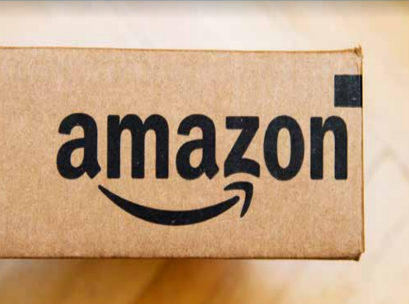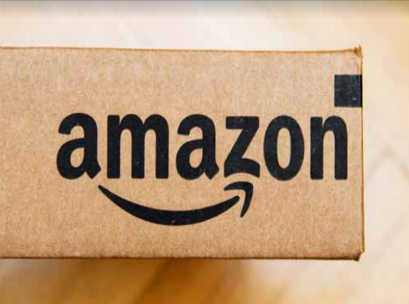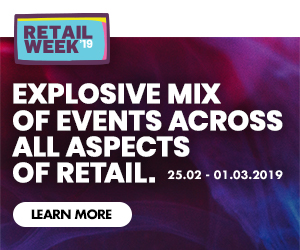 US retail giant Amazon is reportedly piloting a new program that allows brands like Maybelline and Folgers to add free samples of their products to relevant customers’ orders for a fee.
US retail giant Amazon is reportedly piloting a new program that allows brands like Maybelline and Folgers to add free samples of their products to relevant customers’ orders for a fee.
The program, which was first reported by online publication, Axios, seemingly uses machine learning to select which samples are sent to customers based on their past shopping behaviour, according to recent job postings identified by Axios.
If expanded, the program could add a significant new stream to Amazon’s digital advertising revenue model, which currently is primarily driven by display ads.
It is not yet clear which brands are participating in the program, but customers have acknowledged receiving samples from the likes of Folgers and L’Oreal’s Maybelline on social media.
Amazon sent me a random coffee sample! Is it because I have like 15 diff types of coffee in my cart 😂😂😂 pic.twitter.com/LAXOdmpYMa
— Aman (@amanfbaby) August 25, 2018
Amazon has been asked for comment, but had not replied at the time of this writing.
Brands have long offered free samples as a way to get their products into the hands of customers; the idea being that if the product is good enough, customers will end up paying for a full-size version.
Free samples can be a particularly effective way to get online shoppers to try new products, since, unlike in-store shoppers, they tend to be less likely to ‘pick up’ unknown products off the shelf and add them to their cart.
At the same time, growing concerns from consumers about data privacy and sustainability have complicated the free sample proposition.
Concerns about data privacy, sustainability
Axios noted that some customers might wonder how and why specific samples ended up in their order, while others may question the wastefulness of free samples at a time when plastic bags and straws are being phased out.
This concern about sustainability prompted Flora & Faunau founder and CEO Julie Mathers to stop automatically providing free samples to customers in early 2018.
“We’re very focused on getting an order to a customer safely but without unnecessary packaging that they have to do something with – we’re giving them a problem,” Mathers told Inside Retail.
“Samples are typically in plastic sachets, so not great for the environment and quite wasteful, so we don’t put those in orders. If a customer selects our ‘premium’ packaging then we can put a sample or two in but that is less than 1 per cent of orders.”
Interestingly, Amazon last year invested US$10 million in a closed-loop fund to increase recycling rates across the US, which raises questions about the logic of its decision to expand its use of product samples. (Customers could previously receive free and paid product samples through various Amazon programs.)
“Like many large corporates sustainability and responsible retailing are not high on the agenda, and if they are discussed at all I find it’s lip service,” Mathers said.
“I imagine, but obviously don’t know, when this decision was made profit was considered, as I assume they will be charging for this service, but not the environmental impact.”
The case for free samples
Still, Mathers says there is a case to be made for free samples.
“From a brand perspective you can reach a lot of people quickly with samples and you’re getting them into their hands and homes which works and we have always seen good results from them,” she said.
“The key is to give people a choice of whether they receive them and also to look for more sustainable packaging for samples. If we can sort the packaging out they do work.”


